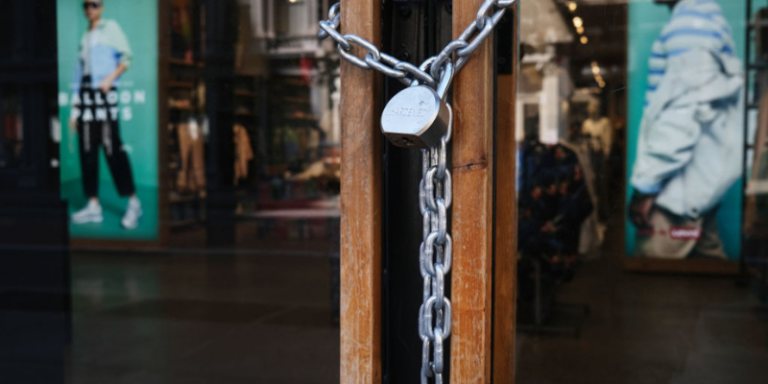Should Businesses Be Closed over Coronavirus?
A good way to avoid Coronavirus is to avoid crowds – but should states be closing businesses?
By: Kelli Ballard | March 16, 2020 | 410 Words

(Photo by Spencer Platt/Getty Images)
President Donald Trump addressed the United States Friday, March 13, and declared a national emergency over the Coronavirus pandemic. The emergency declaration made $50 billion available to fight the illness, thanks to a law called the Stafford Act, which also allows the government to share up to 75% of the cost of medical expenses.
That’s a lot of money that can go a long way in helping treat the sick and keep everyone else healthy. However, there’s another side to the emergency. California, Illinois, Ohio, Massachusetts, New York, and Washington have all announced that establishments will be closed for in-person dining but can stay open for deliveries, curbside pick-ups, and drive-through service. Beginning March 16, Illinois establishments are closed until March 30. In Ohio, the ban started March 15 and doesn’t have an end date listed. The Massachusetts closures run from St. Patrick’s Day (March 17) to April 17. Washington will allow businesses to reopen after March 30.
California, New York, and Washington have the most cases of Coronavirus, which causes a sickness called COVID-19, but as this illness spreads around the nation, restaurant owners in other states fear they’ll be shut down too. Other areas have taken action, though not as strict. In Nashville, Tennessee, the mayor has asked bars to close on Lower Broadway and has restricted restaurant capacity. New Orleans Mayor LaToya Cantrell has ordered restaurants in her city closed by 9 p.m. and bars and nightclubs by midnight. She also cut the normal capacity in half.
Some efforts are being made to help employees who will suffer financially from these closures. In Ohio, those who have been quarantined by their employer or a health professional will be able to collect unemployment benefits, foregoing the usual week waiting period.
Business owners will find some relief, too, but will it be enough? They will clearly be losing a lot of money – especially if they don’t have the capability for drive-throughs and deliveries – and the holiday loss will only add to their financial woes. Do state governments have the legal authority to force the closure of businesses? Liberty Nation’s legal affairs editor Scott D. Cosenza said it’s likely that they do.
As local governments scramble to contain the virus, more are likely to follow the example of the states mentioned above, with others placing some form of restrictions on these types of establishments. Are they prudent, or will small businesses be forced to commit financial suicide because of unnecessary alarmism?
















